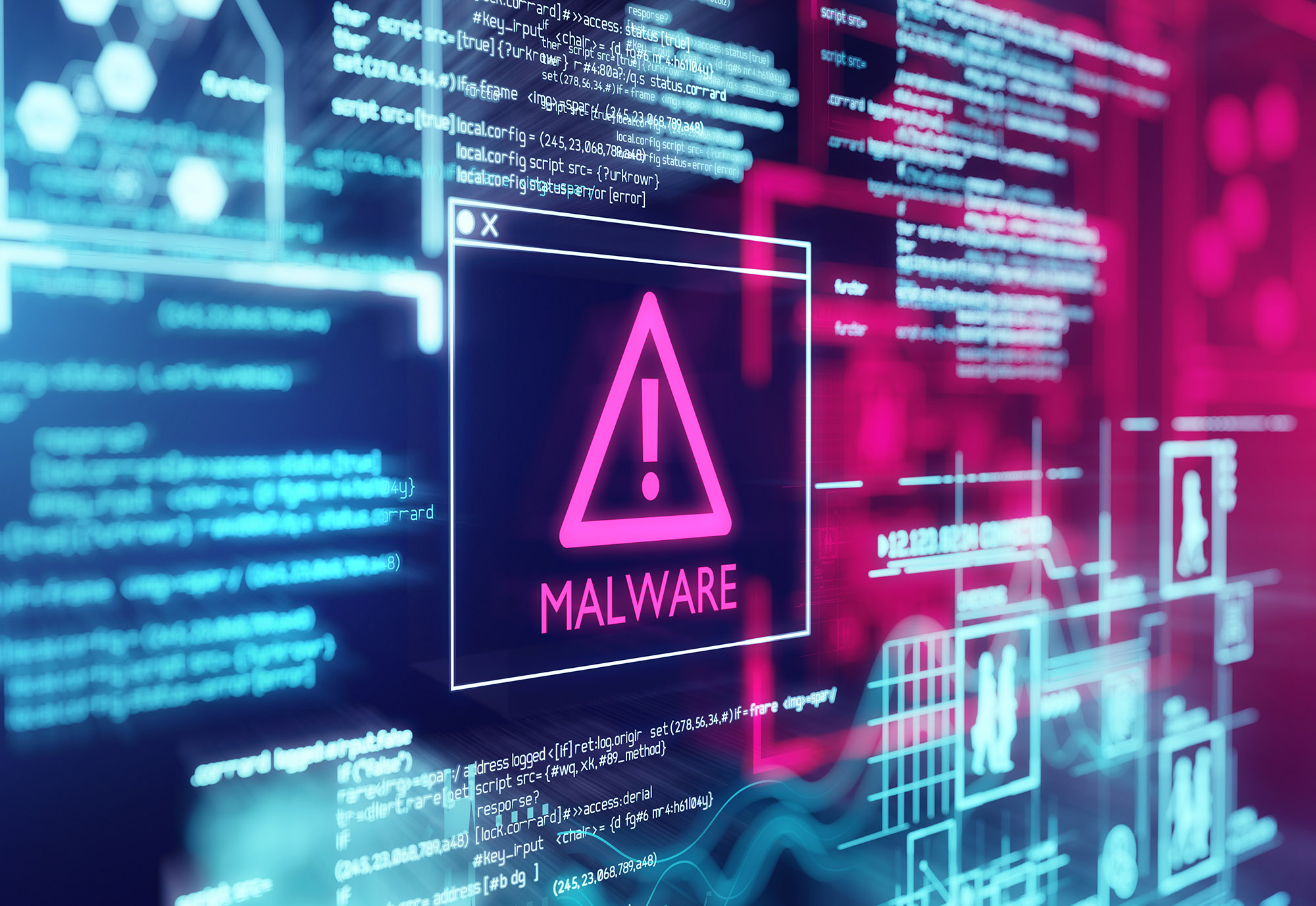
What is Malware?
Malware, short for malicious software, includes viruses, worms, spyware, ransomware, and other harmful software designed to infiltrate and damage computers. These programs can affect your PC’s performance in various ways, from using system resources to carrying out their nefarious activities, to corrupting files and applications.
The Subtle Impact of Malware
Malware typically works in the background, which makes its impact on system performance less noticeable initially. As it consumes CPU power, RAM, and network bandwidth, however, you’ll begin to see a decline in your computer’s speed and responsiveness.
How Malware Gets In
You can unwittingly install malware through various means, including:
- Clicking on malicious email attachments or links.
- Downloading software from untrustworthy sources.
- Visiting compromised websites.
Preventive Measures
To safeguard your computer from malware, consider implementing the following preventive measures:
- Regular Scans: Use a reputable antivirus program to scan your computer regularly.
- Firewall: Make sure your computer’s firewall is active and properly configured.
- Software Updates: Keep your operating system and software up-to-date to patch security vulnerabilities.
- Safe Browsing Habits: Be cautious when clicking on links or downloading files from unknown sources.
Remedial Steps
If your computer is already infected, you’ll need to:
- Isolate the System: Disconnect your PC from the internet to prevent further damage.
- Run a Full Scan: Use your antivirus program to identify and remove the malware.
- Restore Files: If necessary, restore system files and applications from a clean backup.
Conclusion
Security threats like malware can be a significant, yet often overlooked, factor in your computer’s diminishing speed. Taking preventive measures can help you avoid these invisible speed bumps, while proper remedial steps can help restore your PC’s health if it’s already infected.







